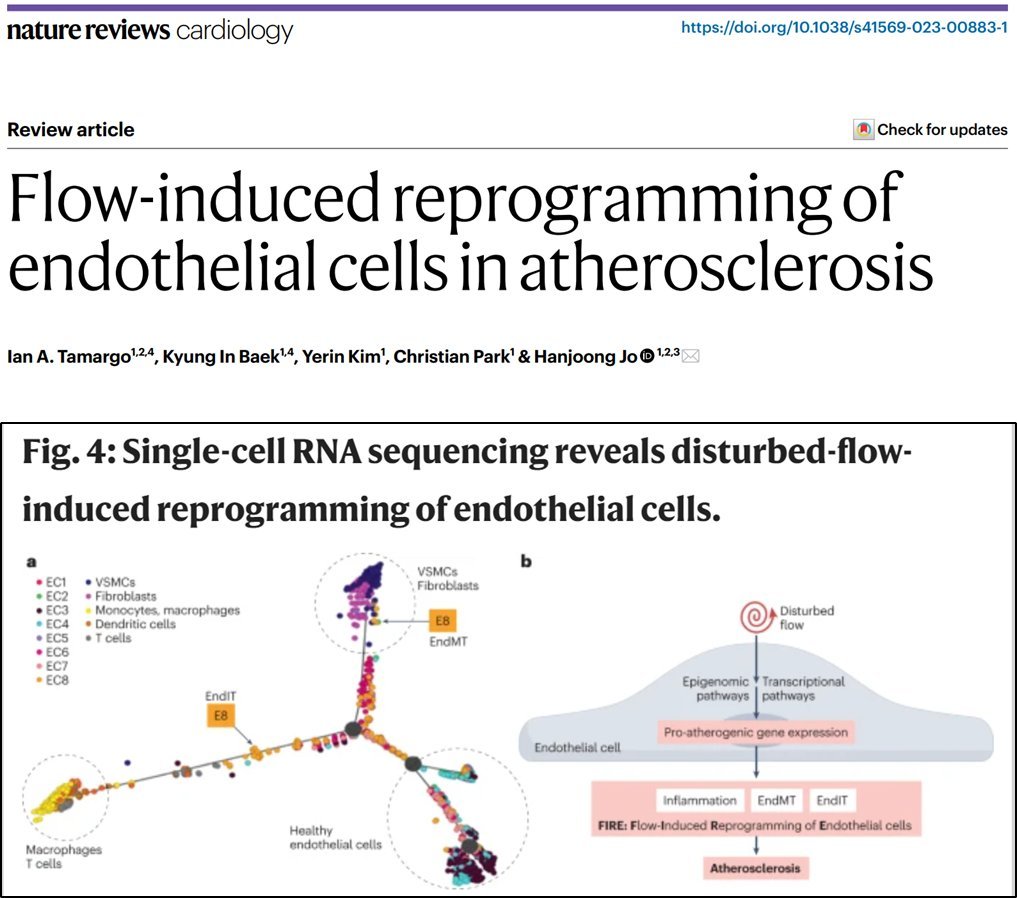Using an -OMICs approach to understand how flow regulates cardiovascular diseases


Our lab studies the mechanisms by which blood flow regulates endothelial biology and dysfunction, which leads to atherosclerosis and aortic valve disease.
In addition to in vitro systems, our lab also developed an in vivo model (the mouse partial carotid ligation) to use in conjunction with OMICs approaches to understand how disturbed flow vs. stable flow differently regulate vascular and valvular endothelial biology and pathobiology at the genome-, epigenome-, and metabolome-wide level. These studies have allowed us to not only identify mechanosensitive genes, metabolic, and epigenetic changes, but also to demonstrate the critical role that some of these flow-sensitive molecular transducers play in controlling endothelial biology, atherosclerosis, and aortic valve disease.
Location
Emory University
1760 Haygood Drive NE
Atlanta, GA 30322
HSRB Room E-197
Contact
Hanjoong Jo, PhD
Principal Investigator
hjo@emory.edu
Colleen Spellen
Administrative Assistant to Dr. Jo
cspelle@emory.edu
(404) 712-9136



